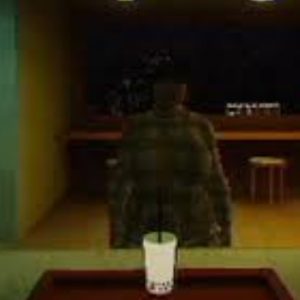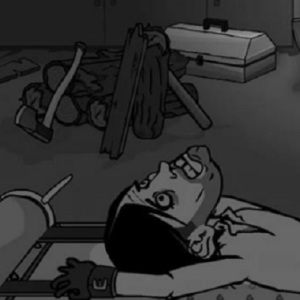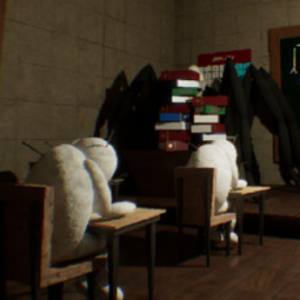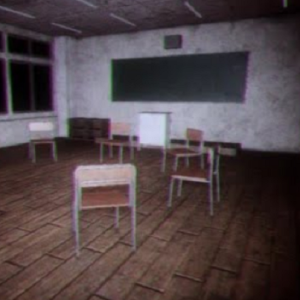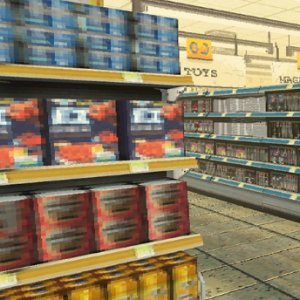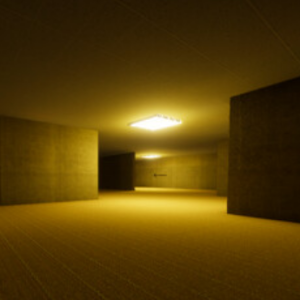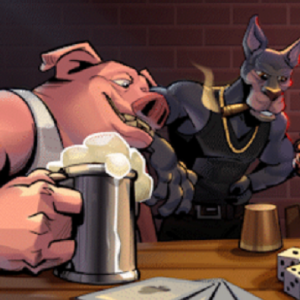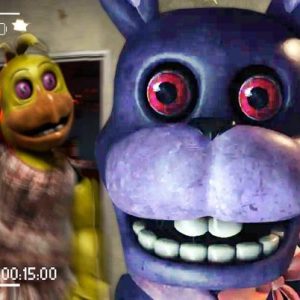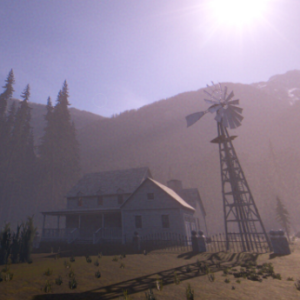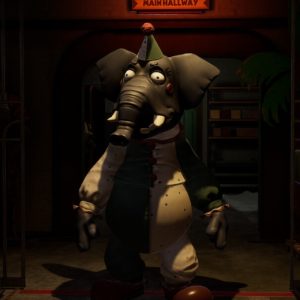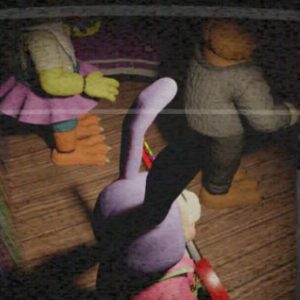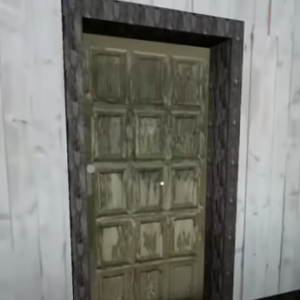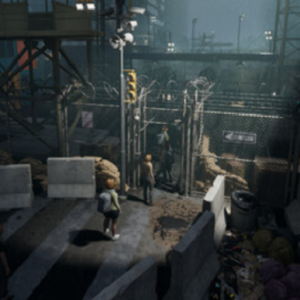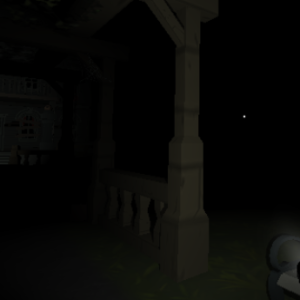Similiar games
The Boba Teashop starts with a clear loop: take customer orders, prepare drinks with precision, and manage an increasingly busy tea counter. Players step into the role of Risa, a woman who’s left her previous job behind to run a shop built from her own ambitions. On paper, the tasks are easy—brew milk tea, scoop boba, seal the cup, and serve it. But even early on, something about the routine feels off. The lighting flickers too often. The customers stare for too long. The music stutters, even when nothing’s wrong.
Pressure Beneath the Surface
The longer players continue, the more the atmosphere begins to shift. Interactions that once felt ordinary begin to drag. Certain characters say things that don’t align with the setting. Objects move or disappear without explanation. Risa remains outwardly calm, but it’s clear that the repetition is wearing thin. The VHS filter amplifies this, distorting scenes that should feel mundane. There’s no announcement of horror—it creeps in through background noise, off-screen movement, and unexplained events that appear for seconds and vanish without comment.
Emotional Weight Behind the Counter
The horror in The Boba Teashop is visual, and emotional. Through short cutscenes and background details, the game reveals more about Risa’s mental state and her reasons for opening the shop. Dialogue fragments and newspaper clippings hint at past trauma, unresolved grief, and ongoing psychological tension. Serving drinks becomes a distraction from heavier thoughts that leak into the workday. While the game mechanics remain simple throughout, the meaning behind them becomes heavier, challenging players to keep performing a task that no longer feels safe or stable.


